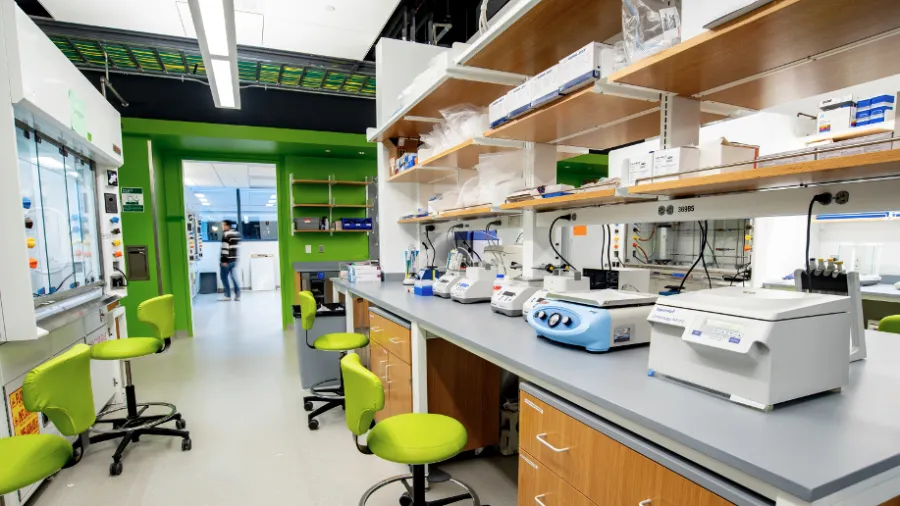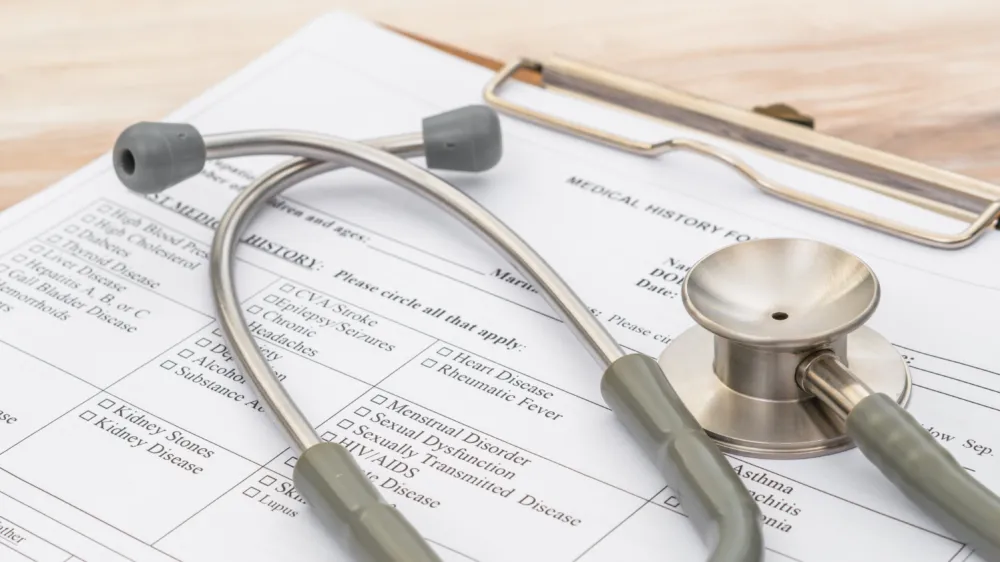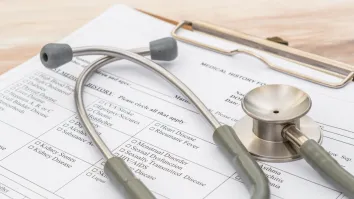
ADB approves US$650m investment loan to upgrade primary healthcare facilities in Indonesia
It will equip more than 10,000 healthcare facilities and 500 laboratories nationwide.
The Asian Development Bank (ADB) greenlighted a US$650m investment loan to upgrade and enhance primary healthcare facilities and public health laboratories in Indonesia to improve the prevention, detection, and treatment of various diseases.
The Primary Healthcare and Public Health Laboratories Upgrading and Strengthening (PLUS) project directly supports two government projects under the Health System Transformation Agenda: the Strengthening of Primary Healthcare in Indonesia (SOPHI); and the Indonesia-Public Health Laboratory System Strengthening (InPULS).
The PLUS project will equip more than 10,000 primary healthcare facilities and more than 500 public health laboratories nationwide to meet the minimum service government standards. The support will include equipment procurement, delivery, commissioning, user training, operations and maintenance services (O&M), and capacity development in O&M.
“This is the third in a series of ADB support to the Government of Indonesia in developing and implementing the post-pandemic Health System Transformation Agenda,” said ADB Human and Social Development Director Karin Schelzig.
“This landmark project, with a total investment of nearly US$4b and cofinanced with three other multilateral development banks—the Asian Infrastructure Investment Bank, the Islamic Development Bank, and the World Bank—will address the critical gaps and disparities in service readiness of primary health care facilities, public health laboratories and referral hospitals in the country toward universal access to quality health services and improved health system resilience and robustness," added Schelzig.
The project will significantly contribute to climate change mitigation in the health sector by upgrading facilities with energy-efficient equipment. Strengthening the public health laboratory network will also enhance health resilience and preparedness to handle future pandemic threats, including climate change-related ones.



















 Advertise
Advertise






